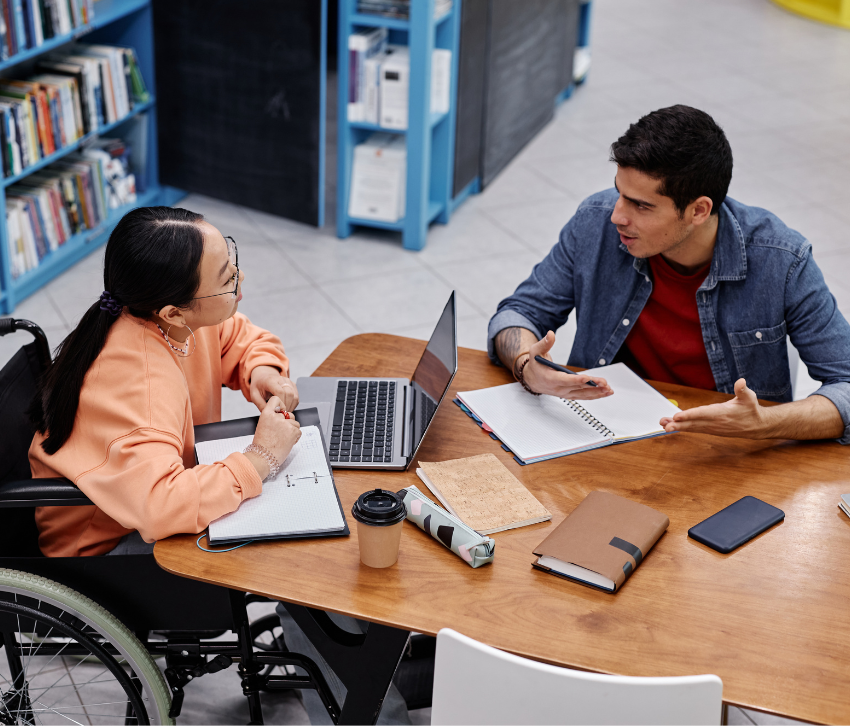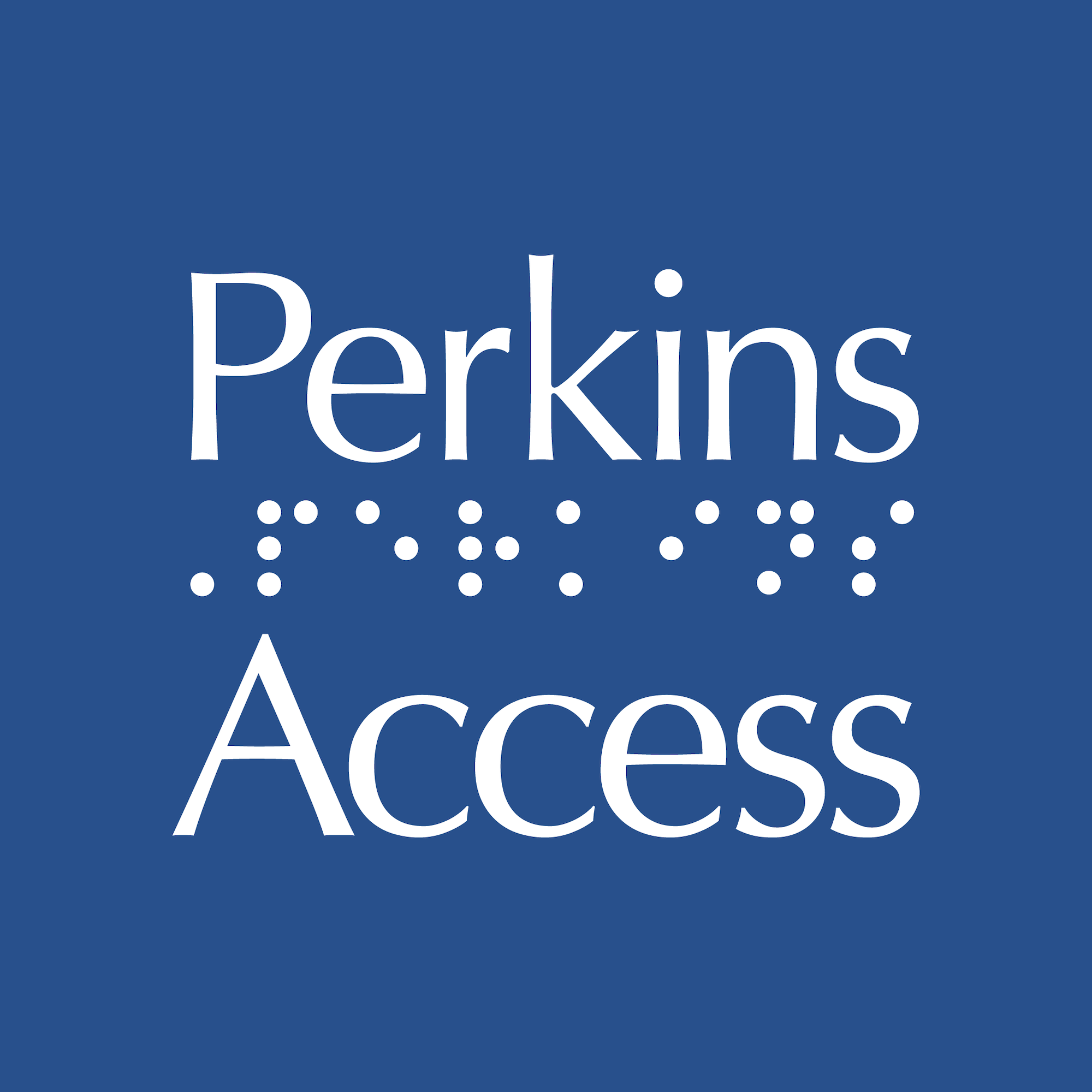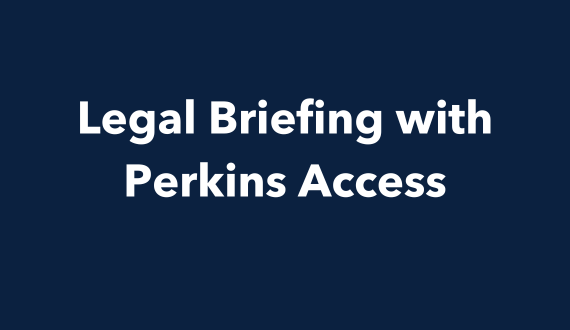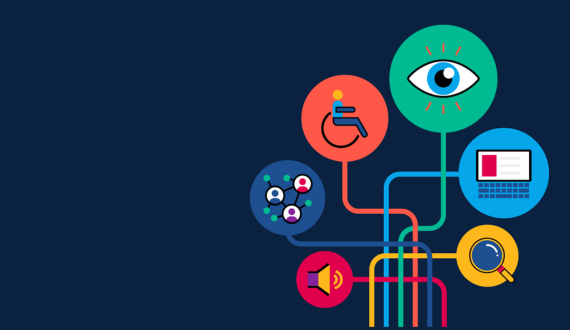The U.S. Department of Education and the Department of Justice issue joint letter to higher education about digital accessibility
Share

Higher education received a reminder from the U.S. Department of Education and the U.S. Department of Justice to ensure that their online services, programs, and activities are accessible to people with disabilities. As higher education becomes increasingly digital, providing equal opportunities to people with disabilities across all operations becomes increasingly important.
The DOE and DOJ published the Dear Colleague letter to make higher education aware of their, “ongoing efforts to address barriers that prevent people with disabilities from participating in online services, programs, and activities that colleges, universities, and other postsecondary institutions make available to students and the public.”
What laws apply to digital accessibility in higher education?
Two Federal Laws require higher education organizations to provide equal opportunity to people with disabilities across all of their operations: the Americans with Disabilities Act (ADA) and Section 504 of the Rehabilitation Act (Section 504). These operations include the equal opportunity to participate in and benefit from online services, programs, and activities.
The ADA and Section 504 also applies to the services, programs, and activities that
postsecondary institutions offer to the public. For example, when higher education institutions offer their online programming to the general public, those programs and services need to be accessible.
How are the laws enforced?
The Departments of Justice and Education have used their enforcement authority to address
inaccessible online services, programs, and activities through court rulings and the Office for Civil Rights (OCR).
The Department of Education’s OCR has resolved and monitored over 1,000 cases in recent years related to digital access that were triggered by complaints of discrimination by members of the public. Recently, the OCR proactively launched 100 compliance reviews regarding digital accessibility.
How to meet digital accessibility requirements for higher education
The letter offers examples of the types of digital experiences that need to be accessible, including:
- Websites and third-party online platforms
- Courses on learning platforms like edX, Coursera, and Kadenze
- Podcasts and videos featuring lectures, conferences, sporting events, admissions information, graduation ceremonies and other events on social media and third-party platforms like YouTube, Spotify, and Apple Podcasts
The requirement for higher education institutions to be accessible applies to all digital services, programs, and activities. But how can the stakeholders across an organization – from content creators to procurement and purchasing specialists – go about meeting these requirements?
The best approach is a strategic and intentional one. Accessibility needs to be built into the processes across your organization, so whether you’re creating content or procuring a tool, accessibility is a baseline requirement.
To learn how you can ensure accessibility across your university’s entire digital ecosystem. Download our accessibility roadmap for your school’s digital transformation.
Get accessibility support
The idea of building an accessibility program that spans your organization may seem overwhelming. How do you set priorities, operationalize the program and plan for long-term success? Let us help! We can guide your initiative with high-level strategic consulting and an approach that’s rooted in our in-depth knowledge and extensive experience supporting higher education organizations.
Partner with Perkins Access to address the immediate needs unique to your organization, while building your internal expertise and ingraining accessibility throughout your digital culture. We’ll create the roadmap for your organization and lead the implementation in a way that makes a meaningful impact and lays a foundation for future success. Contact us for a free consultation.




